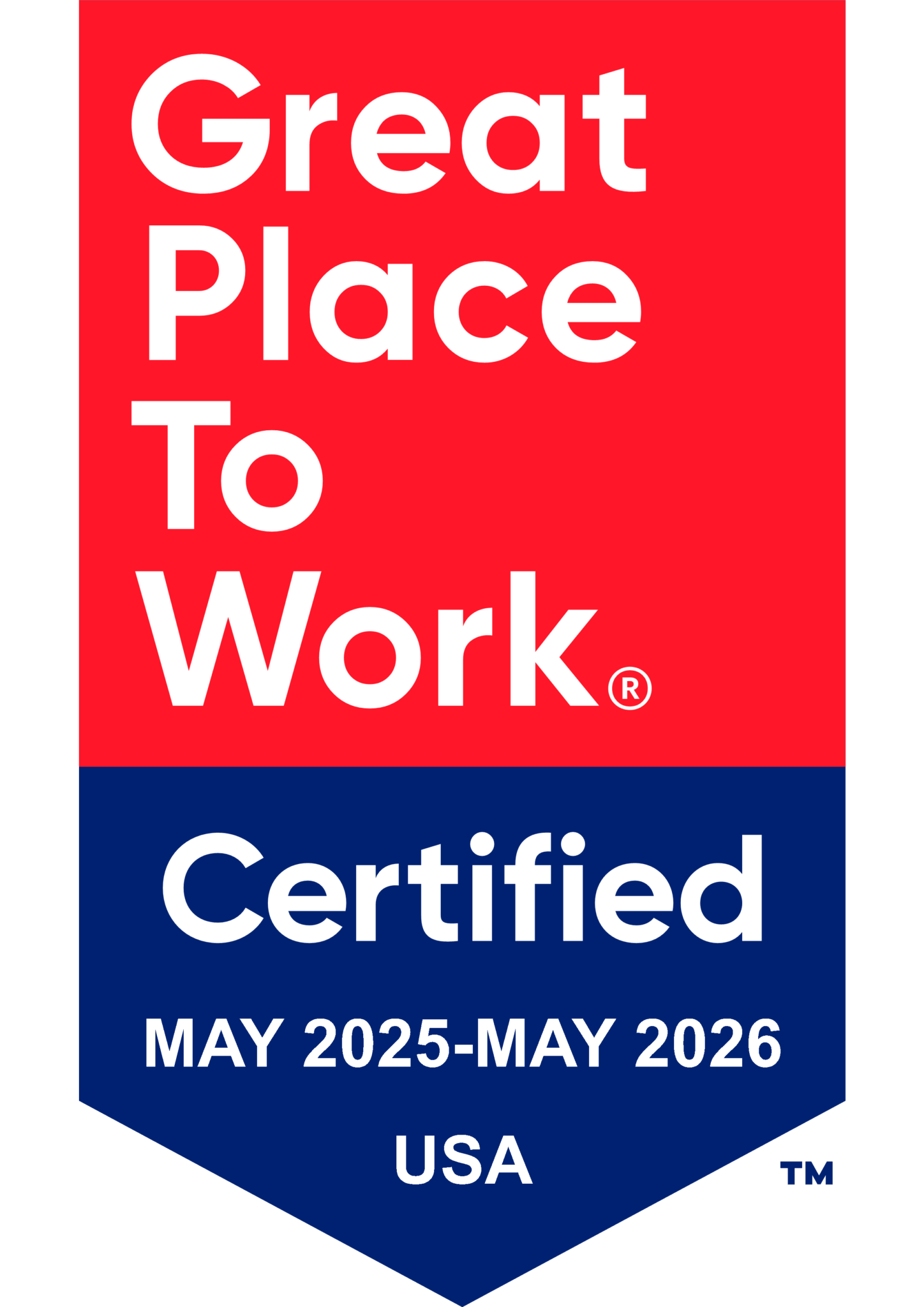When it comes to the residency application, how, where, and when you apply is just as important as the content in your ERAS app. You can start certifying and submitting your ERAS application in early September, and Residents Medical can help you discover how to increase your chances of matching by strategizing your application.
You should already be familiar with the three components of your application process. First, there’s the ECFMG (Educational Commission for Foreign Medical Graduates), through which you applied for your USMLE exams, got your degree certified, began an application with ERAS, and transferred your letters of recommendation. Second, the ERAS (Electronic Residency Application System) itself is the application portal and includes education history, exam scores, research publications, medical experience, awards and accomplishments, hobbies/interests, and, of course, the personal statement. Finally, the NRMP (National Resident Matching Program) is the service that matches up rank lists and is essentially responsible for coordinating the Match process. As you’re going through your application, keep the following tips in mind:
- Apply to a variety of programs in order to increase your odds of acceptance. An often fatal error that is very common among international medical graduates is only applying to top-tier programs, and running the risk of receiving no matches. Instead, research programs that appeal to your specialty and interest, and rank a mix of top tier, mid tier, low tier, community-based, and university programs in diverse geographical regions.
- Some hopeful medical residents apply to up to 100 programs to get a Match! While that may be a bit extreme, the fact remains that you should apply to as many programs as possible, cost permitting.
- There is no going back on the “Certify” button at the end of the ERAS application, so make sure that everything is absolutely finalized before certifying your application, which you should do prior to September 1st in order to apply to programs with an earlier acceptance date.
- Maintain good working relationships with everyone during this process! For example, those who recently graduated from your medical school and may currently be residents can serve as a great resource in gaining insight as to whether a certain program has a reputation for being more friendly towards international medical grads than others. Your program’s coordinator is often the middleman between you and the program director, so make sure you are particularly courteous when in communication with them.
For further guidance through this often overwhelmingly complex process as crucial dates get closer, schedule a free evaluation with us today to achieve your Dream Residency.™
Are You Next?™
Resources
http://www.ecfmg.org/
https://www.aamc.org/services/eras/
http://www.nrmp.org/
http://www.nrmp.org/match-calendars/
https://students-residents.aamc.org/applying-residency/article/eras-timeline-applicants/
https://ama-career-planning-resource.com/finding-residency-fellowship-programs/
Sources
https://www.imgresidencytips.com/the-residency-application-process
https://www.imgresidencytips.com/residency-application-secrets
https://webcampus.drexelmed.edu/cdc/medRecomInfo.asp



